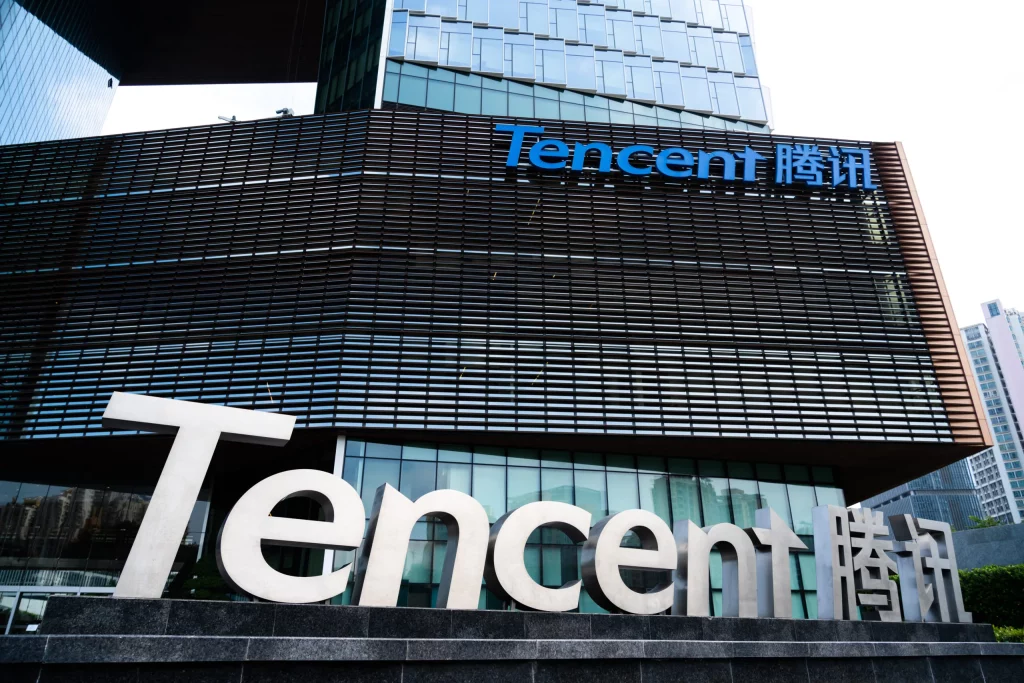Tencent Holdings, a major player in China‘s tech sector, is making bold moves into the healthcare industry, leveraging its expertise in social media and artificial intelligence (AI). This initiative is part of a larger trend where big tech firms are seeking to revolutionize China’s burgeoning healthcare market.
Tencent is relying on its LLM, Hunyuan which is already integrated with WeChat
At the forefront of Tencent’s healthcare endeavors is its large language model (LLM), Hunyuan, integrated with popular social media tools like WeCom and WeChat. This strategic fusion is designed to offer specialized AI solutions to clients in the pharmaceutical and healthcare sectors, including big names like AstraZeneca. Alexander Ng, the head of Tencent Healthcare, emphasizes the focus on enhancing the pharmaceutical industry’s academic grasp of drugs, rather than just marketing outcomes.

Tencent’s foray into healthcare isn’t limited to AI models. They have also developed consumer and business-facing products like Miying, an AI medical imaging tool, and a medical insurance payment service integrated with WeChat. These innovations represent Tencent’s commitment to redefining the way healthcare operates in China, a market expected to reach a staggering $311.5 billion by 2026.
However, the healthcare sector’s adoption of AI has been more measured compared to other industries, given the high stakes involved in patient well-being. Chinese authorities have implemented regulations to limit AI’s use in healthcare, including banning AI-generated medical prescriptions and emphasizing that AI cannot replace doctors in diagnosis and treatment.
Despite these regulations, there’s significant potential for AI to augment the medical sector, especially in assisting doctors. With China’s ageing population and the consequent strain on medical resources, Tencent sees an opportunity to transform healthcare delivery. This includes not just traditional doctor-patient interactions but also self-service models on internet platforms, offering disease prevention tips, managing chronic illnesses, and providing educational medical live-streaming sessions.
RELATED:
- ByteDance surges ahead in Q2 2023, challenging tech titans like Tencent and Alibaba
- Meta in talks with Tencent to introduce VR headsets in China
- Best Google Pixel deals on Black Friday 2023: Pixel Fold, 8 series, 7a and more
(Via)






